Joshua 16 meaning explained in AI Summary
The Inheritance of Joseph: Chapter 16 of the book of Joshua describes the inheritance of the tribe of Joseph. The tribe of Joseph receives a large portion of land in the center of Canaan. The land includes the cities of Shechem and Samaria. The inheritance of Joseph is a sign of God's favor upon the tribe of Joseph. It is also a reminder that God has a plan for his people, and that he will give them a land to live in.
This chapter details the land inheritance given to the tribe of Joseph, specifically focusing on the portions given to the descendants of his sons, Manasseh and Ephraim.
Key Points:
- Joseph's Inheritance: The descendants of Joseph, Ephraim and Manasseh, receive a large portion of land in central Canaan (v. 1-4).
- Ephraim's Boundaries: The boundaries of Ephraim's territory are described in detail, including cities and landmarks (v. 5-9).
- Unsubdued Inhabitants: Despite receiving the land, the Ephraimites are unable to drive out the Canaanites living in Gezer (v. 10).
Important Details:
- The text emphasizes the size and desirability of the land given to Joseph's descendants.
- The detailed description of boundaries highlights the importance of land ownership and inheritance in this culture.
- The inability of the Ephraimites to conquer Gezer foreshadows future conflicts and challenges they will face in fully possessing their inheritance.
Overall:
Chapter 16 serves as a record of the land allocation for the tribe of Joseph, highlighting the inheritance of Ephraim and setting the stage for future narratives about their struggles and triumphs in the Promised Land.
Joshua 16 bible study ai commentary
The allotment of land for the sons of Joseph—Ephraim and Manasseh—demonstrates God's detailed fulfillment of His covenant promises, tracing back to Jacob's specific blessing. The chapter meticulously outlines the boundaries of the inheritance, emphasizing the tangible reality of God's provision. However, it culminates in a critical moment of failure: Ephraim's inability to drive out the Canaanites of Gezer. This act of incomplete obedience, choosing compromise (forced labor) over divine command, serves as a powerful and ominous foreshadowing of Israel's future struggles and eventual exile, highlighting the tension between divine sovereignty in giving the land and human responsibility in possessing it fully.
Joshua 16 Context
The events of Joshua 16 occur after the initial conquest of the land and the establishment of the Tabernacle at Shiloh (in Ephraim's future territory). This period, roughly in the Late Bronze Age, was marked by the waning influence of Egypt in Canaan, creating a power vacuum. The land distribution was done by casting lots (gôrāl), a practice that signified divine choice and prevented human disputes. For the original Israelite audience, these detailed boundary lists were not tedious; they were a sacred deed of ownership, legitimizing their presence in the land against any other claimant. The account acts as a polemic against Canaanite religious systems, where land ownership was tied to the whims of local deities or the power of kings. Here, YHWH, the universal Creator, is the sole divine landlord who distributes His property according to His covenant promises.
Joshua 16:1-4
The lot for the sons of Joseph went from the Jordan by Jericho, at the waters of Jericho on the east, to the wilderness that goes up from Jericho through the hill country to Bethel. Then from Bethel (that is, Luz) it went west to the territory of the Archites. Then it went down westward to the territory of the Japhletites, as far as the territory of Lower Beth-horon, then to Gezer, and it ended at the sea. The sons of Joseph, Manasseh and Ephraim, received their inheritance.
In-depth-analysis
- The Lot for the Sons of Joseph: The chapter begins with the collective inheritance for both sons of Joseph, highlighting their unity and the significance of their combined blessing from Jacob. Ephraim and Manasseh were Jacob's grandsons, yet they receive portions equal to his sons, fulfilling Jacob's specific adoption (Gen 48:5).
- Boundaries as Divine Fiat: The description begins at a well-known point, the Jordan by Jericho, and uses significant landmarks (Bethel, Beth-horon, Gezer). The detailed geography serves as a legal, tangible confirmation of God's promise.
- Bethel (that is, Luz): This parenthetical note connects the inheritance directly to the patriarchal history. Bethel is where Jacob had his vision of the ladder and where God reaffirmed the covenant (Gen 28:19; 35:6). The land is imbued with spiritual history.
- Received their inheritance: This summary statement in verse 4 acts as a heading for the subsequent division between the two tribes, affirming that God has fulfilled His part of the covenant.
Bible references
- Genesis 48:19-20: "...his younger brother shall be greater than he... And he blessed them that day, saying, 'In you Israel will pronounce this blessing...'" (The foundation for Ephraim and Manasseh's large, central inheritance).
- Numbers 26:54: "'To a larger group you shall give a larger inheritance, and to a smaller group you shall give a smaller inheritance...'" (The principle of distribution by lot and size is enacted).
- Psalm 16:5-6: "The LORD is my chosen portion and my cup... The lines have fallen for me in pleasant places..." (The spiritual reality behind the physical land allotment).
Cross references
Gen 28:19 (Jacob renames Luz to Bethel), Gen 35:6-8 (Jacob's return to Bethel), Num 33:54 (command to divide by lot), Josh 18:11-13 (Benjamin's border description, which interlocks with this one).
Joshua 16:5-9
The territory of the people of Ephraim by their clans was as follows: the boundary of their inheritance on the east was Ataroth-addar, as far as Upper Beth-horon. And the boundary goes from there to the sea. From Michmethath on the north, the boundary turns eastward to Taanath-shiloh and passes it on the east to Janoah, then it goes down from Janoah to Ataroth and to Naarah, and touches Jericho, ending at the Jordan. From Tappuah the boundary goes westward to the Brook Kanah and ends at the sea. Such is the inheritance of the tribe of the people of Ephraim by their clans, together with the towns that were set apart for the people of Ephraim within the inheritance of the people of Manasseh, all those towns with their villages.
In-depth-analysis
- Ephraim First: Though Manasseh was the firstborn, the text describes Ephraim’s territory first, affirming the "younger over the elder" prophecy from Genesis 48.
- Precise Geography: The names, though some are now obscure (Michmethath, Taanath-shiloh), represented definite, known locations to the original readers. This detail grounds the fulfillment of God's promise in real-world space and time. It is not a mythical story but a historical and legal transaction.
- Brook Kanah: The name of this brook literally means "brook of reeds." It formed a natural and clear boundary with Manasseh to the north.
- Enclave Towns (v. 9): Ephraim having towns inside Manasseh's territory shows the complex reality of settlement. This could have been due to population needs or strategic locations. It reflects a practical, cooperative division rather than a strictly rigid one, but also holds potential for future inter-tribal friction.
Bible references
- 1 Chronicles 7:28-29: "Their possessions and settlements were Bethel and its towns, and to the east Naaran, and to the west Gezer with its towns..." (Provides a parallel, though slightly different, list of Ephraimite towns).
- Jeremiah 31:18: "I have heard Ephraim grieving..." (Ephraim often stands for the entire northern kingdom in later prophetic literature, showing its prominence).
Cross references
Josh 17:7-10 (Manasseh's borders, which complements this text), Josh 21:20-22 (Levitical cities assigned within Ephraim), 1 Kgs 12:25 (Shechem, in Ephraim, becomes the first capital of the northern kingdom).
Joshua 16:10
However, they did not drive out the Canaanites who lived in Gezer, so the Canaanites have lived in the midst of Ephraim to this day, but have become slaves for forced labor.
In-depth-analysis
- However (və-lō' hôrîšû): This is the pivot point of the chapter and a stark contrast to the triumphant tone. The Hebrew "and they did not drive out" implies a failure to complete a given task.
- Gezer: An important, heavily fortified Canaanite city-state on the coastal plain's approach to the Judean hills. Archaeologically, Gezer was a major power, which explains the practical difficulty Ephraim faced.
- To this day: A phrase used by the author/editor of Joshua to indicate a long-standing situation, connecting the failure of the conquest generation to their own time.
- Forced Labor (mas `ōḇēḏ): Instead of obeying God's command for complete removal (Deut 7:2), Ephraim chose a pragmatic, self-serving compromise. They subdued the Canaanites but did not dispossess them, using them for slave labor. This is deeply ironic, as Israel had just been freed from forced labor in Egypt. They are now replicating the very system of their oppressors.
Bible references
- Judges 1:29: "And Ephraim did not drive out the Canaanites who lived in Gezer, but the Canaanites lived in Gezer among them." (An almost verbatim repetition, emphasizing this failure as a root cause of the chaos in Judges).
- 1 Kings 9:16: "Pharaoh king of Egypt had gone up and captured Gezer and burned it with fire... and he gave it as a dowry to his daughter, Solomon’s wife." (The ultimate resolution of the "Gezer problem" required a foreign king, highlighting Israel's long-standing failure).
- Exodus 23:33: "They shall not dwell in your land, lest they make you sin against me; for if you serve their gods, it will surely be a snare to you." (The direct command that Ephraim violated, leading to the exact consequences warned against).
- Hebrews 4:8: "For if Joshua had given them rest, God would not have spoken of another day later on." (The failure at Gezer is a prime example of how the rest Joshua provided was partial and incomplete, pointing to a greater spiritual rest in Christ).
Cross references
Num 33:55 (warning of "thorns in your sides"), Deut 7:1-5 (command to show no mercy and make no covenants), Deut 20:16-18 (laws of warfare regarding cities in the promised land), 2 Cor 6:14 (principle of not being unequally yoked).
Polemics
The decision to put the Canaanites to forced labor rather than driving them out represents a theological failure disguised as a pragmatic victory. They chose economic benefit and control over covenant faithfulness. This implicitly critiques any religious system that prioritizes human wisdom, convenience, or wealth over the explicit command of God. Online scholars and commentators frequently use this verse as a powerful metaphor for the New Testament believer's life: compromising with a "pet sin" instead of mortifying it completely. While it may seem contained and "under forced labor" for a time, it remains a corrupting influence (a "snare") that will eventually cause greater harm.
Joshua chapter 16 analysis
- The Theology of Geography: The dry-seeming boundary lists are theologically rich. They are God's covenant promises being mapped onto physical space, proving His faithfulness. God is not a god of abstract ideas but of tangible, real-world provision.
- Partial Obedience is Disobedience: The chapter presents a clear contrast. God perfectly fulfills His promise to allot the land (vv. 1-9), but Ephraim's obedience in taking the land is partial (v. 10). This sets the central theme for the remainder of Joshua and the entire book of Judges: the tragic consequences of failing to fully possess the inheritance.
- Fulfillment of Patriarchal Prophecy: The chapter is a direct outworking of Jacob’s prophecy in Genesis 48. The premier territory is given to Joseph's sons, and within that, Ephraim (the younger) is treated with precedence. The story of the Bible is shown to be a unified, unfolding narrative.
- The Gezer Precedent: The failure at Gezer is not an isolated incident. It is the first explicitly mentioned failure of this kind in the distribution chapters and becomes a recurring pattern (Judges 1). It stands as a paradigm for the entire nation’s future compromises that lead to idolatry and exile. The choice was not between victory and defeat, but between obedience and compromise.
Joshua 16 summary
The tribe of Ephraim, along with Manasseh (the "sons of Joseph"), receives its allotted inheritance in the central hill country, fulfilling Jacob's ancient prophecy. The boundaries are detailed, showing God's specific provision. However, the chapter ends ominously with Ephraim's failure to drive the Canaanites out of the strategic city of Gezer, opting instead for a self-serving compromise of forced labor. This single act of incomplete obedience becomes a crucial precedent for Israel's later spiritual decline and conflict.
Joshua 16 AI Image Audio and Video
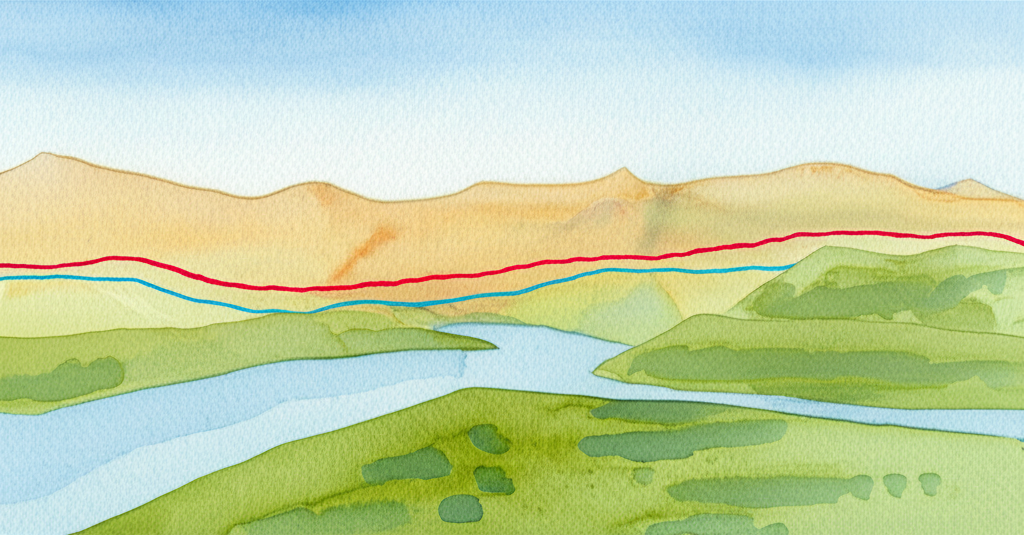
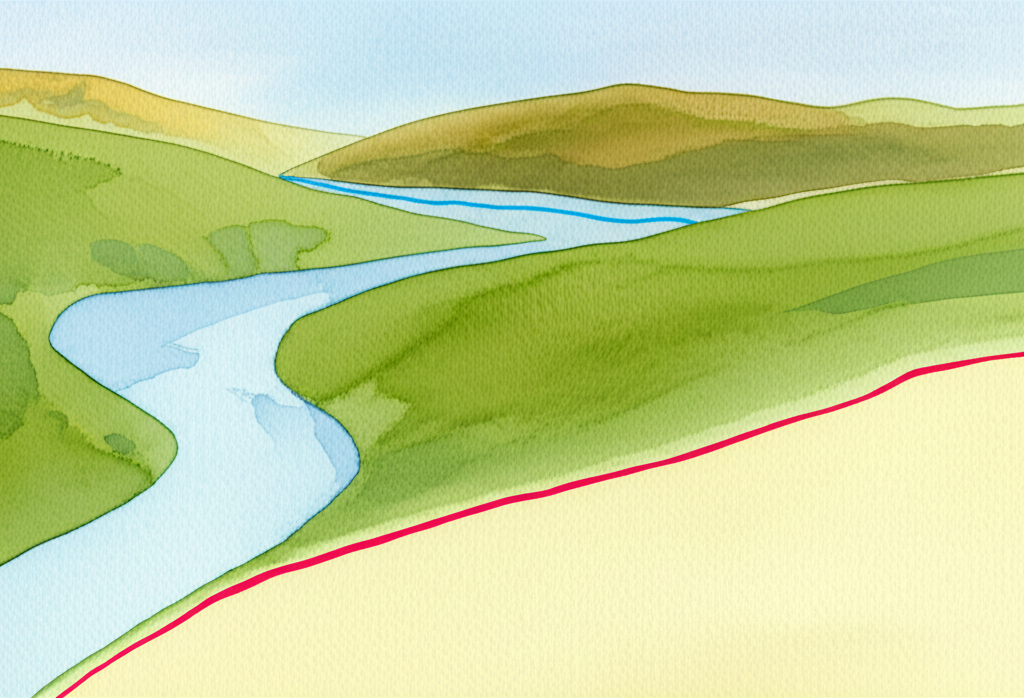


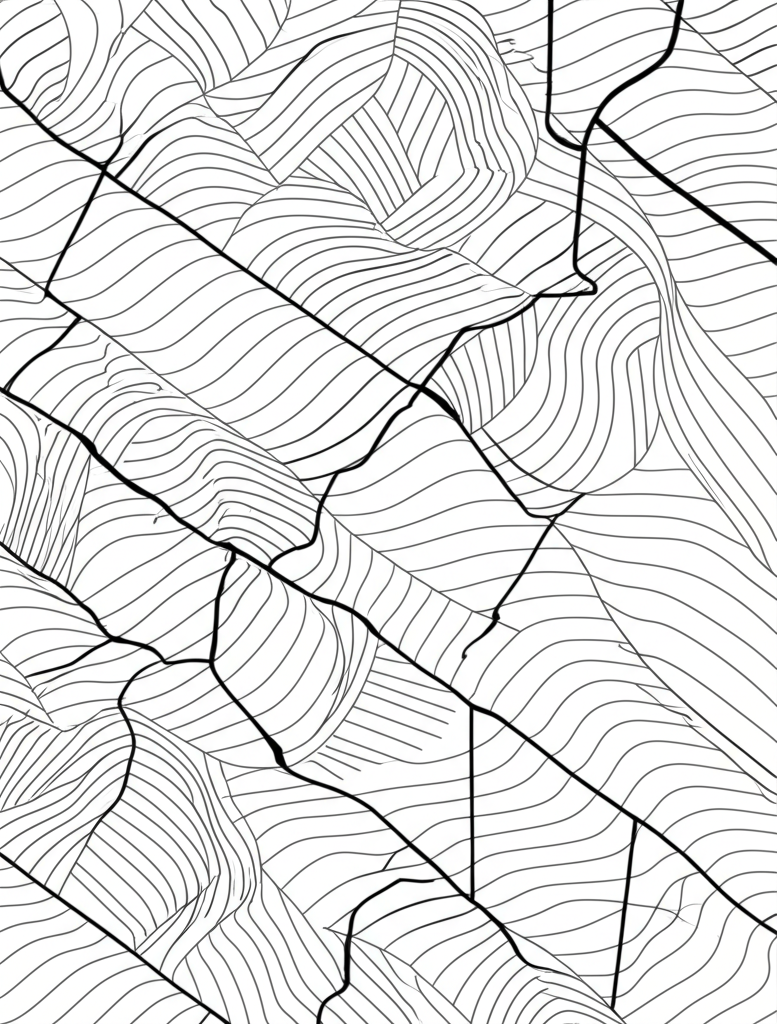
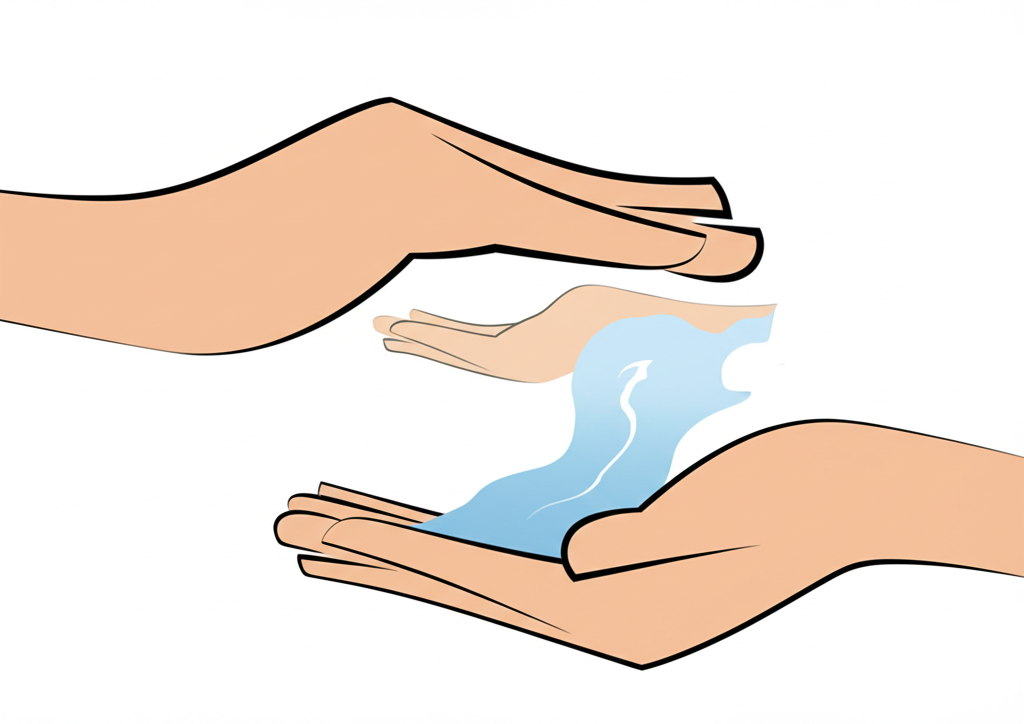

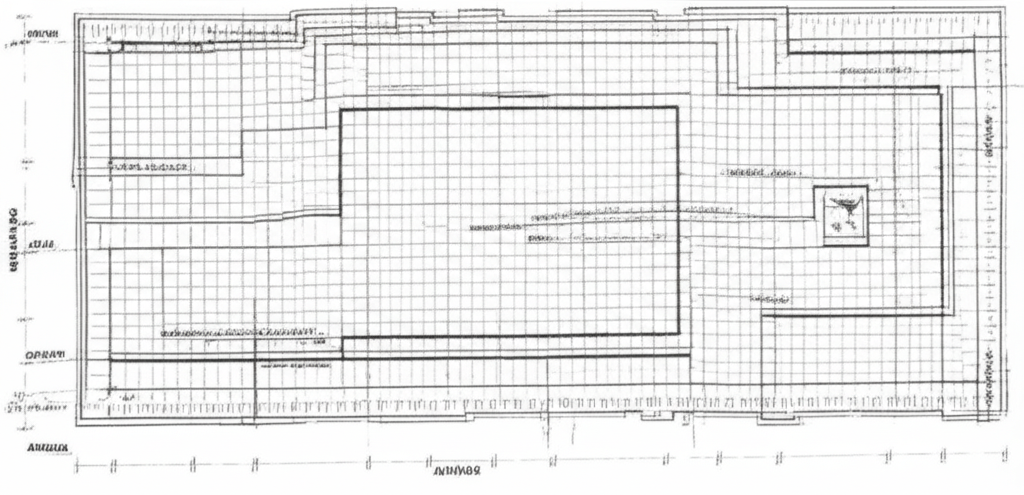
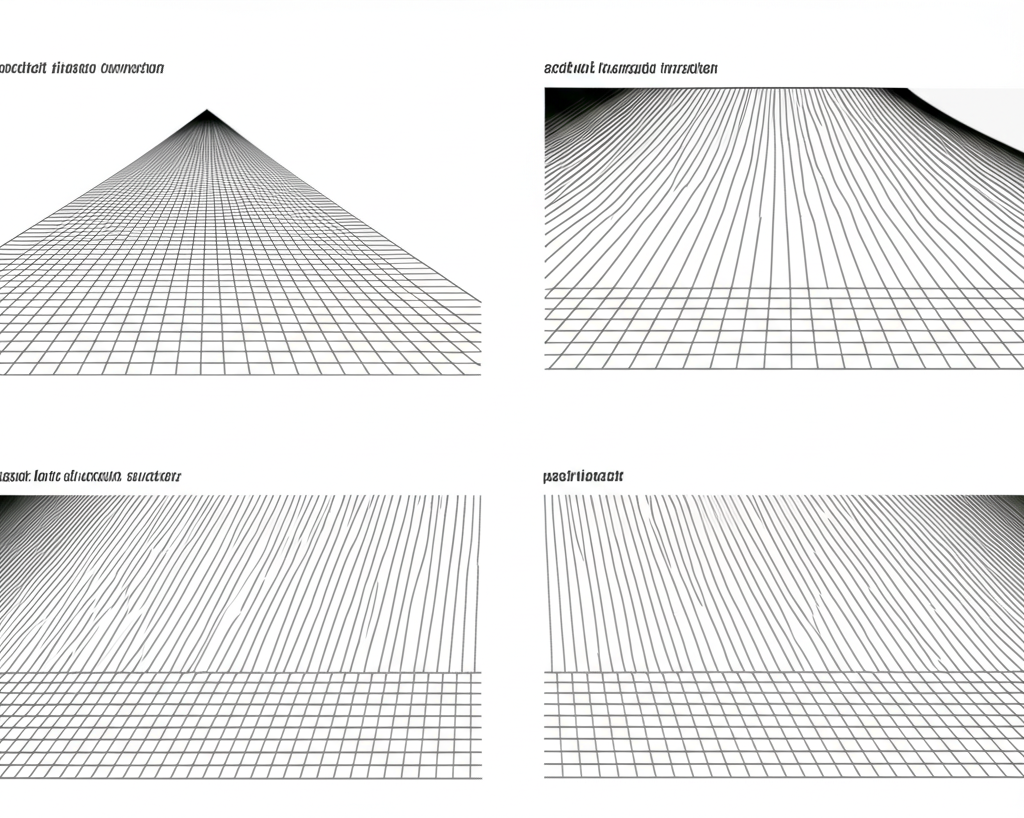
Joshua chapter 16 kjv
- 1 And the lot of the children of Joseph fell from Jordan by Jericho, unto the water of Jericho on the east, to the wilderness that goeth up from Jericho throughout mount Bethel,
- 2 And goeth out from Bethel to Luz, and passeth along unto the borders of Archi to Ataroth,
- 3 And goeth down westward to the coast of Japhleti, unto the coast of Bethhoron the nether, and to Gezer; and the goings out thereof are at the sea.
- 4 So the children of Joseph, Manasseh and Ephraim, took their inheritance.
- 5 And the border of the children of Ephraim according to their families was thus: even the border of their inheritance on the east side was Atarothaddar, unto Bethhoron the upper;
- 6 And the border went out toward the sea to Michmethah on the north side; and the border went about eastward unto Taanathshiloh, and passed by it on the east to Janohah;
- 7 And it went down from Janohah to Ataroth, and to Naarath, and came to Jericho, and went out at Jordan.
- 8 The border went out from Tappuah westward unto the river Kanah; and the goings out thereof were at the sea. This is the inheritance of the tribe of the children of Ephraim by their families.
- 9 And the separate cities for the children of Ephraim were among the inheritance of the children of Manasseh, all the cities with their villages.
- 10 And they drave not out the Canaanites that dwelt in Gezer: but the Canaanites dwell among the Ephraimites unto this day, and serve under tribute.
Joshua chapter 16 nkjv
- 1 The lot fell to the children of Joseph from the Jordan, by Jericho, to the waters of Jericho on the east, to the wilderness that goes up from Jericho through the mountains to Bethel,
- 2 then went out from Bethel to Luz, passed along to the border of the Archites at Ataroth,
- 3 and went down westward to the boundary of the Japhletites, as far as the boundary of Lower Beth Horon to Gezer; and it ended at the sea.
- 4 So the children of Joseph, Manasseh and Ephraim, took their inheritance.
- 5 The border of the children of Ephraim, according to their families, was thus: The border of their inheritance on the east side was Ataroth Addar as far as Upper Beth Horon.
- 6 And the border went out toward the sea on the north side of Michmethath; then the border went around eastward to Taanath Shiloh, and passed by it on the east of Janohah.
- 7 Then it went down from Janohah to Ataroth and Naarah, reached to Jericho, and came out at the Jordan.
- 8 The border went out from Tappuah westward to the Brook Kanah, and it ended at the sea. This was the inheritance of the tribe of the children of Ephraim according to their families.
- 9 The separate cities for the children of Ephraim were among the inheritance of the children of Manasseh, all the cities with their villages.
- 10 And they did not drive out the Canaanites who dwelt in Gezer; but the Canaanites dwell among the Ephraimites to this day and have become forced laborers.
Joshua chapter 16 niv
- 1 The allotment for Joseph began at the Jordan, east of the springs of Jericho, and went up from there through the desert into the hill country of Bethel.
- 2 It went on from Bethel (that is, Luz), crossed over to the territory of the Arkites in Ataroth,
- 3 descended westward to the territory of the Japhletites as far as the region of Lower Beth Horon and on to Gezer, ending at the Mediterranean Sea.
- 4 So Manasseh and Ephraim, the descendants of Joseph, received their inheritance.
- 5 This was the territory of Ephraim, according to its clans: The boundary of their inheritance went from Ataroth Addar in the east to Upper Beth Horon
- 6 and continued to the Mediterranean Sea. From Mikmethath on the north it curved eastward to Taanath Shiloh, passing by it to Janoah on the east.
- 7 Then it went down from Janoah to Ataroth and Naarah, touched Jericho and came out at the Jordan.
- 8 From Tappuah the border went west to the Kanah Ravine and ended at the Mediterranean Sea. This was the inheritance of the tribe of the Ephraimites, according to its clans.
- 9 It also included all the towns and their villages that were set aside for the Ephraimites within the inheritance of the Manassites.
- 10 They did not dislodge the Canaanites living in Gezer; to this day the Canaanites live among the people of Ephraim but are required to do forced labor.
Joshua chapter 16 esv
- 1 The allotment of the people of Joseph went from the Jordan by Jericho, east of the waters of Jericho, into the wilderness, going up from Jericho into the hill country to Bethel.
- 2 Then going from Bethel to Luz, it passes along to Ataroth, the territory of the Archites.
- 3 Then it goes down westward to the territory of the Japhletites, as far as the territory of Lower Beth-horon, then to Gezer, and it ends at the sea.
- 4 The people of Joseph, Manasseh and Ephraim, received their inheritance.
- 5 The territory of the people of Ephraim by their clans was as follows: the boundary of their inheritance on the east was Ataroth-addar as far as Upper Beth-horon,
- 6 and the boundary goes from there to the sea. On the north is Michmethath. Then on the east the boundary turns around toward Taanath-shiloh and passes along beyond it on the east to Janoah,
- 7 then it goes down from Janoah to Ataroth and to Naarah, and touches Jericho, ending at the Jordan.
- 8 From Tappuah the boundary goes westward to the brook Kanah and ends at the sea. Such is the inheritance of the tribe of the people of Ephraim by their clans,
- 9 together with the towns that were set apart for the people of Ephraim within the inheritance of the Manassites, all those towns with their villages.
- 10 However, they did not drive out the Canaanites who lived in Gezer, so the Canaanites have lived in the midst of Ephraim to this day but have been made to do forced labor.
Joshua chapter 16 nlt
- 1 The allotment for the descendants of Joseph extended from the Jordan River near Jericho, east of the springs of Jericho, through the wilderness and into the hill country of Bethel.
- 2 From Bethel (that is, Luz) it ran over to Ataroth in the territory of the Arkites.
- 3 Then it descended westward to the territory of the Japhletites as far as Lower Beth-horon, then to Gezer and over to the Mediterranean Sea.
- 4 This was the homeland allocated to the families of Joseph's sons, Manasseh and Ephraim.
- 5 The following territory was given to the clans of the tribe of Ephraim. The boundary of their homeland began at Ataroth-addar in the east. From there it ran to Upper Beth-horon,
- 6 then on to the Mediterranean Sea. From Micmethath on the north, the boundary curved eastward past Taanath-shiloh to the east of Janoah.
- 7 From Janoah it turned southward to Ataroth and Naarah, touched Jericho, and ended at the Jordan River.
- 8 From Tappuah the boundary extended westward, following the Kanah Ravine to the Mediterranean Sea. This is the homeland allocated to the clans of the tribe of Ephraim.
- 9 In addition, some towns with their surrounding villages in the territory allocated to the half-tribe of Manasseh were set aside for the tribe of Ephraim.
- 10 They did not drive the Canaanites out of Gezer, however, so the people of Gezer live as slaves among the people of Ephraim to this day.
- Bible Book of Joshua
- 1 Story of Joshua
- 2 Story of Rahab the Prostitue in Jericho
- 3 Crossing the Jordan
- 4 Memorial stones in the Jordan river
- 5 The New Generation Circumcised
- 6 The Fall of Jericho walls
- 7 Israel Defeated at Ai
- 8 Story of Ai
- 9 The Gibeonite Deception
- 10 The Sun stood still
- 11 Conquests in Northern Canaan
- 12 Kings Defeated by Moses
- 13 Land Still to Be Conquered
- 14 The Inheritance West of the Jordan
- 15 The Allotment for Judah
- 16 The Allotment for Ephraim and Manasseh
- 17 Then allotment was made to the people of Manasseh, for he was the firstborn of
- 18 Allotment of the Remaining Land
- 19 The Inheritance for Simeon
- 20 The Cities of Refuge
- 21 Cities and Pasturelands Allotted to Levi
- 22 The Eastern Tribes Return Home
- 23 Joshua's Charge to Israel's Leaders
- 24 The Covenant Renewal at Shechem